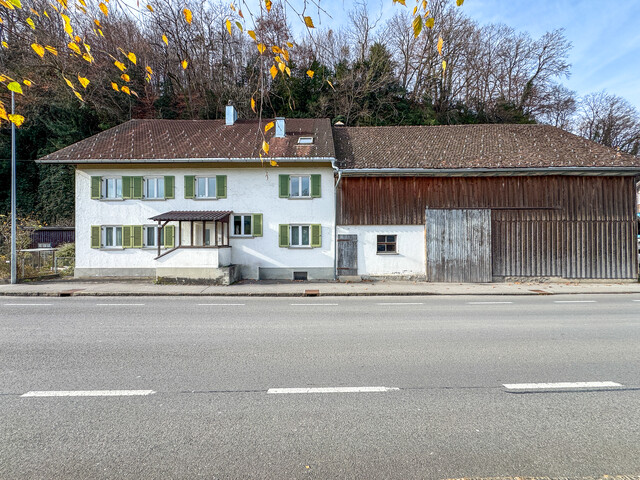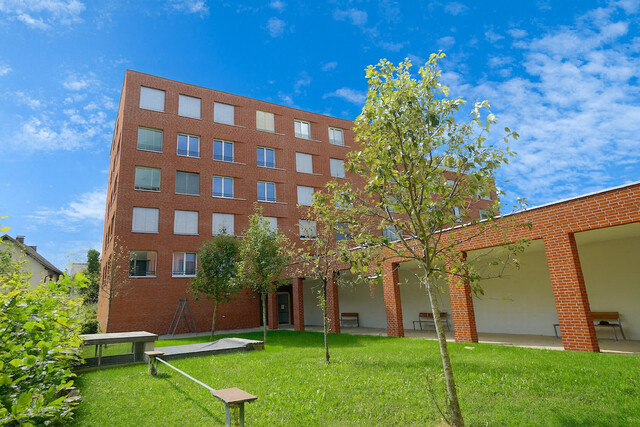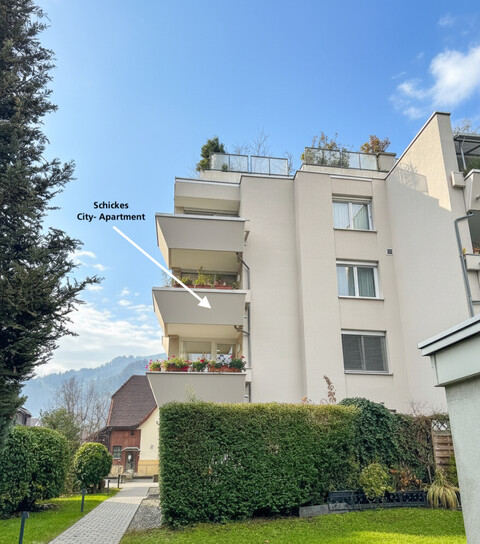VfGH: "Social Egg Freezing" Topic

Healthy women are not allowed to freeze their eggs in Austria for later fertilization. On Friday, the Constitutional Court (VfGH) dealt with the question of whether the ban on "Social Egg Freezing" is unconstitutional. The applicant argues with the right to respect for private and family life, while the government argues that no one should be pressured into this procedure. A decision is not expected before the fall.
According to the Reproductive Medicine Act, eggs may only be extracted for a future medically assisted pregnancy if "a physical ailment or its treatment, in accordance with the state of medical science and experience, poses a serious risk that a pregnancy can no longer be achieved through sexual intercourse." This applies, for example, to women with oncological diseases who often become infertile after treatment, explained Bettina Toth, Director of the University Clinic for Gynecological Endocrinology and Reproductive Medicine at the Medical University of Innsbruck, during the hearing.
Lawyer Refers to Abroad
"Social Egg Freezing" has neither disadvantages for the children born as a result nor for the women, argued the applicant's lawyer, Matthias Brand. Despite the high costs of extraction of about 4,000 euros per cycle and storage of about 400 euros per year, young women would gladly take advantage of the opportunity, he was convinced. There is, after all, a low complication rate and high pregnancy rate, women would gain autonomy and prepare for the future. In countries like Spain, Sweden, or Belgium, it has long been allowed, and in France, the health insurance even pays for it.
The legislation is within the scope of discretion, said the government side. Johanna Hayden, head of the Department of Justice and Home Affairs in the Federal Chancellery, emphasized that the European Court of Human Rights grants states discretion in the question of access to methods of artificial fertilization. Women should not be pressured by societal expectations or their employers to postpone their desire to have children through "Social Egg Freezing."
"Social Egg Freezing" could be an option for women with a strong desire to have children who do not have a partner and are aware that the quality of their eggs is declining, said Toth. The most common reason for the decision is the lack of a partner and reproductive autonomy, as Martina Zemp from the Institute for Clinical and Health Psychology at the University of Vienna also confirmed. Only then do professional reasons come into play. However, women are under pressure to become mothers while not diminishing their career opportunities. "Social Egg Freezing" cannot be the only answer in this tension field, Zemp advocated for better compatibility and more resources for childcare.
Most people tolerate the treatment very well, said Toth. "Social Egg Freezing" is less burdensome than the medically indicated variant, said Johannes Ott from the University Clinic for Gynecology at MedUni Vienna. After all, women who are about to undergo chemotherapy have less time available. For the psychological development of the children, the method of conception is negligible, according to Zemp.
Ethicist for Age Limit
Ethicist Angelika Walser from the Paris-Lodron University of Salzburg, for example, advocated for an age limit between 45 and 50 years. From the age of 45, there is an increase in risks - such as underlying conditions in women or chromosomal abnormalities, said Toth. However, even after menopause, women can become pregnant through artificial insemination. The normal age for menopause is 49 years, according to Toth, who also reported on a 17-year-old affected patient.
Eggs may currently only be donated from the age of 18 to 30 due to the later declining quality, according to prosecutor and head of department in the Ministry of Justice, Peter Barth. He also advocated for a maximum age for the recipient, as the legislator should ensure that children have parents who do not die too early.
On behalf of the federal government, Hayden requested a period of 18 months in the event of a repeal, so that legislative preparations can be made. According to a spokeswoman, a decision by the Constitutional Court is not expected before autumn.
New Constitutional Court Members Not Present
The two new members of the Constitutional Court were not yet present at the hearing. Angela Julcher and Stefan Perner were sworn in on Tuesday. Julcher was nominated on the proposal of Vice Chancellor and SPÖ leader Andreas Babler, Perner on the proposal of Foreign Minister and NEOS chairwoman Beate Meinl-Reisinger. The positions were vacant due to the early resignations of Helmut Hörtenhuber (at the end of last year) and Claudia Kahr (at the end of April).
(APA/Red)
This article has been automatically translated, read the original article here.
Du hast einen Hinweis für uns? Oder einen Insider-Tipp, was bei dir in der Gegend gerade passiert? Dann melde dich bei uns, damit wir darüber berichten können.
Wir gehen allen Hinweisen nach, die wir erhalten. Und damit wir schon einen Vorgeschmack und einen guten Überblick bekommen, freuen wir uns über Fotos, Videos oder Texte. Einfach das Formular unten ausfüllen und schon landet dein Tipp bei uns in der Redaktion.
Alternativ kannst du uns direkt über WhatsApp kontaktieren: Zum WhatsApp Chat
Herzlichen Dank für deine Zusendung.








